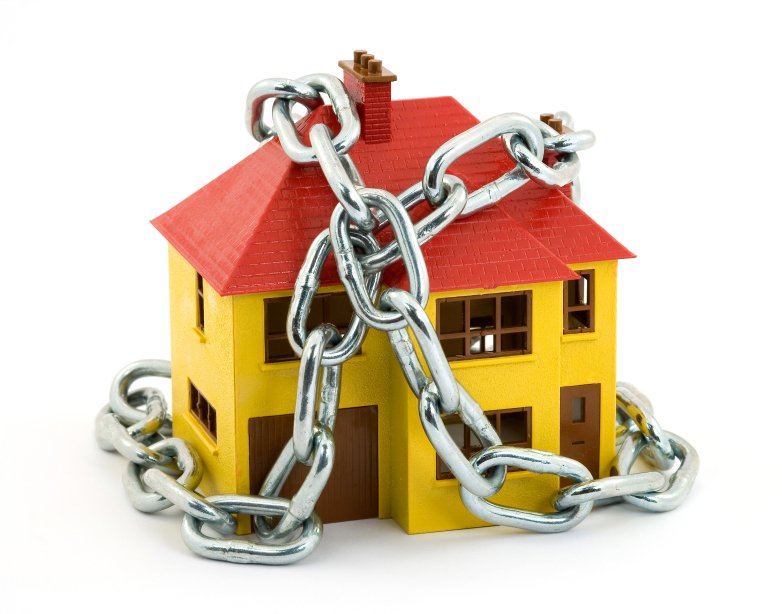
Maybe you’ve had work done on your home, but the contractor left the job in a shambles. So you’ve decided not to pay him, and now you’re getting threatening calls. Or, perhaps someone took you to court and you lost your case. But you can’t pay. Or, perhaps you owe Uncle Sam on your taxes. What happens now? Maybe you’re thinking, “What can they do? I don’t have the money.”
If you’re a homeowner, what you may not realize is, a creditor can place a lien against your property to collect the money you owe. A lien is a legal document filed through the office of the recorder or court clerk in your county of residence. A lien gives the creditor a claim on your home.
While there are several different types of liens that can be placed on your home, the more common ones are mechanic’s liens, judgment liens and tax liens.
Mechanic’s Lien
A mechanic’s lien (also called a construction lien) is a lien placed on your home by a contractor whose services to build, improve, repair or maintain your property have gone unpaid. For example, a contractor may include a general contractor, subcontractor, electrician, plumber, carpenter, painter and gardener. Even if you think the contractor did shoddy work, you need to work out an agreement with the contractor before they place a lien on your property. Because once the lien is recorded, it stays there until you do something about it.
Judgment Lien
If you’ve been sued, lost the lawsuit and haven’t paid the other party what is owed to them, a judgment can be placed against your home until you satisfy your debt. Additionally, an attorney can file a judgment lien if you don’t pay your legal fees.
Tax Lien
If you haven’t paid your federal, state, county or city taxes (including income tax, gift tax, sales tax and estate tax), the Internal Revenue Service can file a tax lien against your property until you pay what you owe.
Additionally, if you haven’t paid your property taxes for an entire year (plus any fees and interest), your county can file a tax lien on your property. If you still haven’t paid your property taxes after an additional year, your property may be foreclosed upon, so your county can sell your home to recover the taxes owed.
As you can see, it’s in your best interest to pay your bills and taxes promptly to prevent others from placing a lien against your property in the first place. If you’re having difficulties paying your bills or taxes, contact the appropriate people to work out an arrangement regarding your situation.
At Grandview Lending, we hope you never have to have a lien placed against your property since it can affect your ability to sell or refinance your home. If you have had any credit challenges and are looking to refinance your home or take out a new loan, contact our senior mortgage specialists. We’ll take a look at your situation and determine what we may be able to do to help you.
Photo credit: iStockphoto
Do you know how much home you can afford?
Most people don’t... Find out in 10 minutes.
Today's Mortgage Rates

Leave a Reply